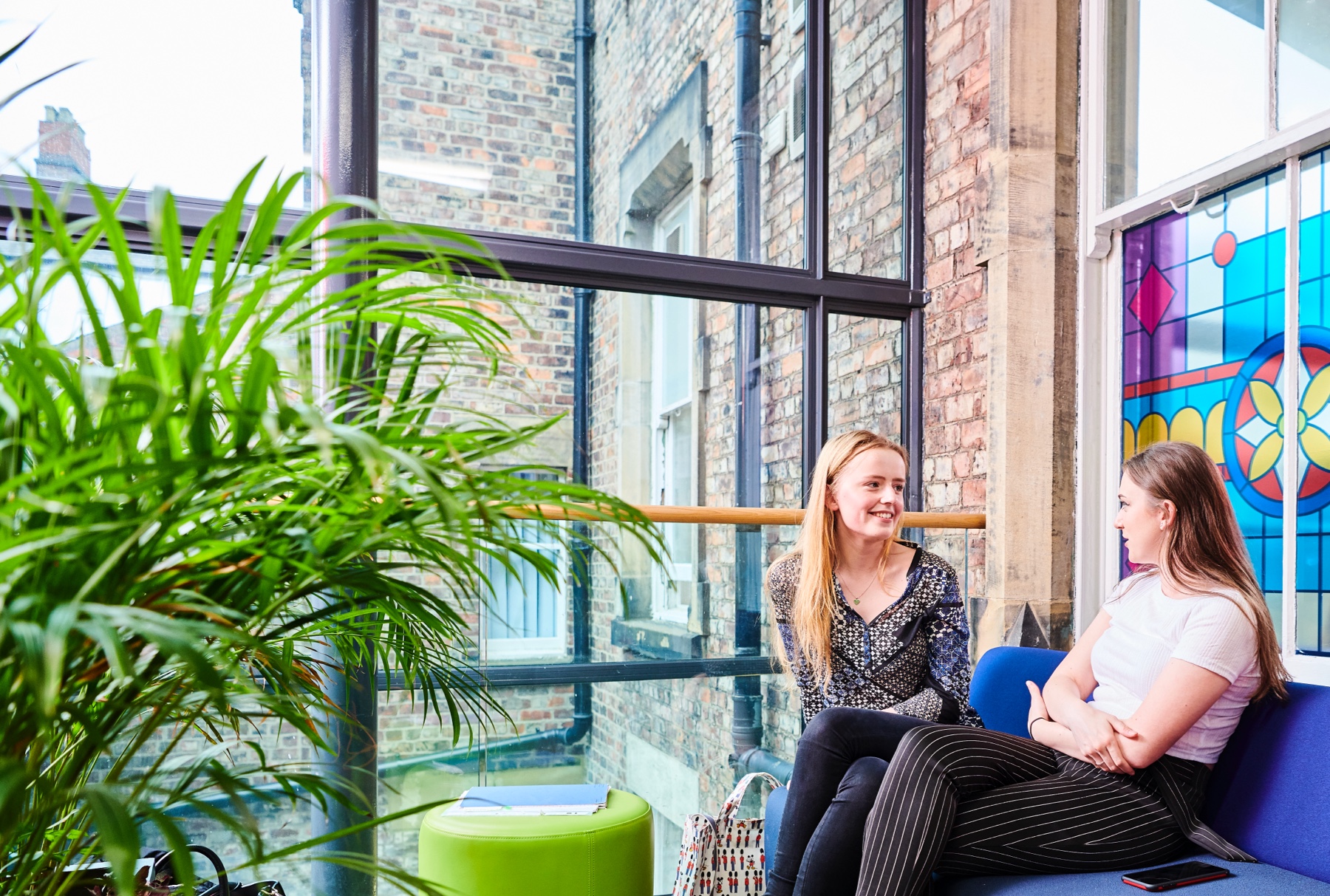Social Justice and Education
Our research works to disrupt education inequities.
Building a fairer future
As researchers, a sense of social justice motivates us. We explore perceptions and realities of fairness and equality in education. We want to build a more just future.
We have developed conceptual frameworks to explore and explain inequities. They sit alongside models of practice which are co-produced and transformative. This helps to advance our knowledge in areas such as relational justice.
Transformative action
Our research works to disrupt education inequities. We have developed a programme of work which explores how schools and other organisations can work together. This can transform communities and address disadvantage.
Our high-profile work
- evaluates poverty proofing schools
- explores fairness in education
- enables academics, non-governmental organisations and community groups to work together
- Explores and acts to transform racism in education
This helps us to deliver transformative action to address an identified need.
Learning environments
Some of our research focus on alternative learning environments. It acknowledges that physical space and material resources matter to education.
We have found that the environment can either support or constrain some teaching and learning activities. It can also convey values and aims, and can contribute to educational change.
We aim to improve how all children learn. Our commitment to emancipatory methodological and pedagogical approaches underpins much of our work.
Examples of our recent work
- Out of School activities and the education gap
- Roma Education and translanguaging to include Romani languages
- Widening participation and social inequalities and higher education
- Cognitive and metacognitive perspectives of imagination and creativity as a means of social inclusion
- Evaluation of Thinking Differently – Young People and Alcohol
- Collaborative ReDesign with Schools (CoReD) project
- Outdoor learning and character education
- Young people as drivers and agents of change
Selected publications
Casado RG, Golightly D, Laing K, Palacin R, Todd L. (2020) Young people and ‘Mobility as a Service’: Opportunities and barriers for future mobility. Transportation Research Interdisciplinary Perspectives, 4, article 100107.
Laing K, Mazzoli Smith L, Todd L. (2019) Using the concept of relational justice to apply fairness in schools. International Education Journal: Comparative Perspectives 2019, 18(1), 128-142.
Laing K, McWhirter J, Templeton L, Russell C. (2019) M-PACT+: Supporting families affected by parental substance misuse. Health Education 2019, 119(1), 63-82.
Laing K & Todd L. (2020) Schools and Child Poverty: from extended schools to closing the attainment gap. Where to from here?. In: J. Tucker, ed. Vision. Ending Child Poverty for Good. London: Child Poverty Action Group, 2020.
McNicol S & Wysocki L. (2019) Using comics as a research method. In: P.A. Atkinson, S. Delamont, A. Cernat, & R. Williams (eds) SAGE Research Methods Foundations. SAGE.
Smith, HJ, The doublespeak discourse of the race disparity audit: An example of the White racial frame in institutional operation. Discourse: Studies in the Cultural Politics of Education 2021 EPub ahead of print
Smith, HJ, Robertson, LH, Auger, N, Wysocki, L, Translanguaging as a political act with Roma: Carving a path between pluralism and collectivism for transformation Journal for Critical Education Policy Studies 2020 18(1) 98-135
Woolner, P. and Tiplady, L. (2019) Enhancing Wellbeing Through Broadening the Primary Curriculum in the UK with Open Futures. In H. Hughes, J. Franz and J. Willis (Eds) School Spaces for Student Wellbeing and Learning: Insights from Research and Practice. Singapore: Springer.
Wysocki, L. (2020) Hate, Marginalization, and Tramp-bashing: A Raceclass and Critical Realist Approach to Researching British National Identity through Comics. In: T. Giddens (ed) Critical Directions in Comics Studies, University Press of Mississippi.
Wysocki, L, Jackson, M, Webster, J, Miers, J, and Coxon, B. (2019) Making the invisible visible: hyperlinked webcomics as alternative points of entry to the digitised Gertrude Bell archive. International Journal of Heritage Studies, DOI: https:/doi.org/10.1080/13527258.2019.1663236.
Blossom-Ward M, Hart S, Kippen R, Ralls D, Rubani N. The future is ours: Young people and the inclusive city. In: Percy-Smith, B; Thomas, NP; O'Kane, C; Twum-Danso Imoh, A, ed. A Handbook of Children and Young People’s Participation: Conversations for Transformational Change. Routledge, 2023, pp.255-264.
Ralls D, Lahana L, Towers B, Johnson L. Reimagining Education in a Pandemic: Children and Young People as Powerful Educators. In: Turok-Squire R, ed. COVID-19 and Education in the Global North: Storytelling and Alternative Pedagogies. Basingstoke: Palgrave Macmillan, 2022, pp.1-35.
Ralls D, Pottinger L. Participatory Mapping. In: Barron A; Browne AL; Ehgartner U; Hall SM; Pottinger L; Ritson J, ed. Methods for Change - Impactful social science methodologies for 21st century problems. Manchester: Aspect and The University of Manchester, 2021, pp.68-76.
Ralls D. Beyond the rainbows: the missing voices of children and young people in this pandemic. London: LSE Politics and Policy Blog, 2020. Available at: https://blogs.lse.ac.uk/covid19/2020/07/10/beyond-the-rainbows-the-missing-voices-of-children-and-young-people-in-this-pandemic/.
